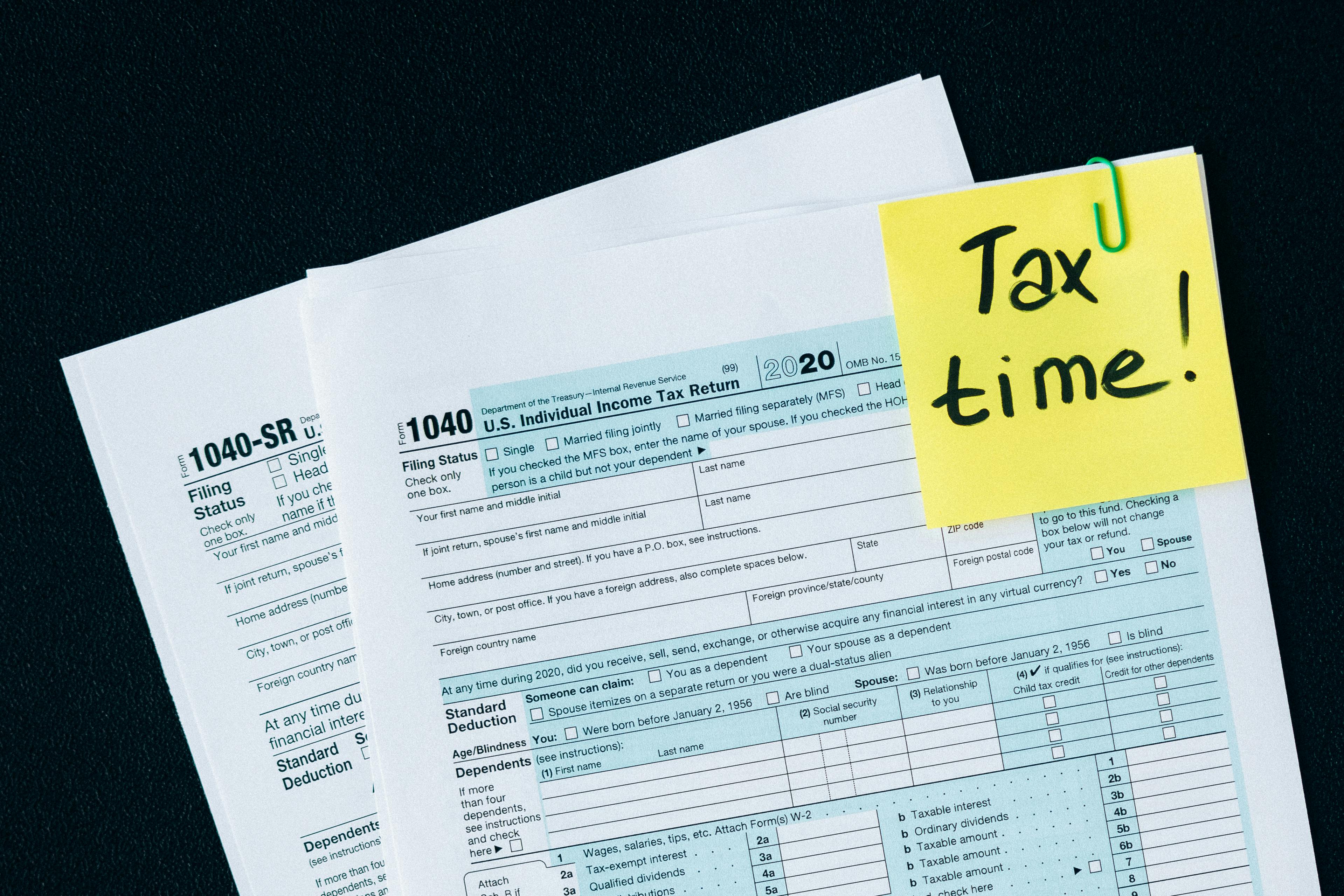Apply Now
Top 5 Ways to Prepare for a Blood Test: Avoid Alcohol Properly
Alcohol consumption can dramatically affect the accuracy of blood tests, leading to misleading results that might result in unnecessary treatments or misdiagnoses. Understanding the optimal way to prepare for a blood test, especially in terms of alcohol abstinence, is crucial for both patients and healthcare providers. In this article, we will explore the importance of avoiding alcohol before blood tests, the recommended time frames for abstinence, and best practices to ensure accurate results.
Many individuals may wonder, "How long to avoid alcohol before blood tests?" The general recommendation is to refrain from alcohol for 24 to 48 hours prior to any blood sampling. Alcohol metabolization can vary based on several factors, and understanding these dynamics is essential for effective testing. By following specific guidelines, you can ensure that your blood test results are reliable and reflective of your true health status.
In the following sections, we will discuss common questions surrounding alcohol and blood tests, the impact alcohol has on various blood parameters, and effective strategies to prepare adequately for your next blood test. The insights provided will help you navigate your health assessments with confidence.
1. Understanding the Importance of Alcohol Abstinence
To begin with, alcohol has several effects on the body that can interfere with the accuracy of blood results. Consumption can alter liver enzymes, hormone levels, and even blood sugar readings. For those undergoing liver function tests, for example, drinking alcohol can significantly skew the results, leading to potential misinterpretations regarding liver health.
Research reinforces the significance of avoiding alcohol before tests, emphasizing that acute alcohol ingestion can lead to temporary elevations in liver enzymes, glucose, and various lipids, which could misrepresent an individual's normal health status. Thus, ensuring a period of abstinence is essential to obtain the most accurate assessment.
It’s crucial to recognize how long to stop drinking before a blood test for optimal results. Experts recommend a minimum of 24 hours of abstinence, but extending this period for chronic users or those undergoing comprehensive testing could further enhance accuracy.
2. Optimal Time Frame for Alcohol Abstinence
When preparing for a blood test, timing is key. Understanding the metabolic rates for alcohol can guide when to stop consuming it to avoid contamination in your blood sample. For an average person, complete alcohol clearance can take anywhere from 24 to 48 hours, depending on factors such as age, weight, and liver function.
Most laboratory tests require a minimum of 24 hours of alcohol abstinence to ensure there are no noticeable effects on liver function and metabolic panels. For individuals with significant alcohol consumption histories, a more extensive period might be necessary. This highlights the importance of individual considerations when determining the optimal time to stop drinking.
Having a personalized plan, particularly for regular blood testing, ensures that one can maintain health without the complexities introduced by alcohol consumption.
3. Avoiding False Positives in Blood Tests
Many individuals are unaware that drinking alcohol, even in moderation, could lead to false positives in tests that screen for various health conditions. These can include cholesterol tests, liver function tests, and screenings for certain infections.
When performing routine blood tests after drinking, the potential for elevated bilirubin, cholesterol, and glucose levels can increase, misrepresenting a person’s overall health. To circumvent this, consider pre-test alcohol guidelines and how they apply to your personal health situation.
The best practice for blood tests revolves around clear communication with your healthcare provider about your alcohol consumption history—they can provide tailored guidance to enhance the accuracy of your results.
4. Tips for Best Practices Before Blood Tests
To achieve the highest levels of accuracy in blood tests, consider adopting the following best practices for blood tests:
1. **Plan Ahead:** Schedule your blood test for a time that allows for adequate alcohol abstinence—ideally 48 hours if you have consumed alcohol recently.
2. **Stay Hydrated:** Drink plenty of water before your test. Proper hydration can help ensure your veins are more prominent, making it easier for blood draw.
3. **Communicate with Your Doctor:** Let them know about your drinking habits so they can interpret the results accordingly and ensure the proper tests are ordered.
4. **Follow Pre-Test Instructions:** Adhere to any specific guidelines provided by your healthcare provider concerning dietary restrictions or abstinence.
By following these strategies, you’ll be well-prepared for a successful blood test with reliable results.
5. Common Questions About Alcohol and Blood Tests
Many individuals raise questions regarding alcohol's impact on blood tests. Addressing common queries can shed light on effective preparation:
- **Can I drink alcohol before a blood test?** It’s advisable to avoid alcohol for at least 24 to 48 hours prior.
- **What effects does alcohol have on lab tests?** Alcohol can elevate certain blood parameters and lead to inaccurate results.
- **How long do I need to stop drinking before my blood work?** A minimum of 24 hours is essential, but 48 hours may be required for chronic users.
In summary, understanding the impact of alcohol on blood tests is vital for ensuring accurate health assessments. By following the outlined strategies, you can improve your testing outcomes and better monitor your health.




